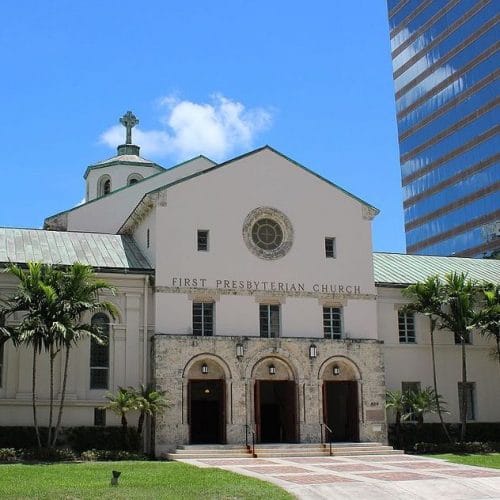Easter was the beginning, not the end. That fact makes all the difference in how we view Lent.
For generations, the church universal has used Lent as a time for believers to prepare themselves for the remembrance of Christ’s sacrifices for humanity on Good Friday and his overcoming of Death on Easter morning. These are important facts surrounding the Christian tradition that need to be commemorated and upheld.
But the tendency of cultural Christianity, reinforced by the behavior of much of the local church, has been to view this commemoration of Easter as a finish line, when in fact it was really just the beginning.
Christ coming into the world was to announce that a rescue is underway, a rescue of all of humanity and the cosmos. Humanity would be rescued from the powers of evil. The cosmos would be rescued by humanity, in Christ, living into being the divine caretakers that we were created to be. Easter was the assurance to humanity that the rescue mission would succeed, because Christ’s resurrection means that death—the great enemy of humanity—could not stop the effort from ultimate success.
The mistake that Christians often make today, though, is to assume that the rescue mission is over and that the victory at Easter was the end. It is not. Yes, the ultimate victory is assured, but Easter did not eliminate future trials or even losses.
This is where we come in. Jesus has called us (you and me) to participate in his redemptive purposes in the world. One need only look at the world in the present day and you can visibly see the need.
This is why, I think, we need to begin looking at Lent a little differently than the global church has in years past. When we see Easter as the finish line, then we assume that the final “product” is complete. This view can convince us that, instead of continuing to further the redemptive purposes of Christ in the world, all we need to do is “sit back” and consume while we wait for Jesus to return.
A prime example of this in modern Christianity is that it is relatively easy for us to pick up our favorite daily devotional, read it, and then not put anything we just read into practice in our daily lives. We simply consume it. In doing so, we simply evade wrestling with the meaning of the Scriptures on our life; we ignore our personal responsibility, and as such, we do not grow.
In light of this mounting phenomenon in Christianity, we at First Miami challenged our congregants to do something different this year. Instead of being consumers, we challenged them to be CoCreators with one another and God. We challenged them to wrestle with the Lenten text and actively discern what God may be telling them and us to consider, be, and do, and then to attempt, as best they could, to put what God was telling them into words. The result was this year’s Lenten devotional.
For the next 40 days, we get the privilege of journeying together with our congregant authors as they help to guide us through the opportunity that Lent presents: the opportunity to become better versions of ourselves in Christ in our daily practice; the opportunity to further the divine rescue mission of Christ in the world; the opportunity to begin to care for all of the cosmos; and the opportunity to be CoCreators and participants with God and each other.
Of course, this Lenten devotional is not the meant to be the end, either. It is simply an iterative point by which to mark our future progress. But in this offering, I pray that we might see afresh a new blossoming of ancient wisdom engrafted with emerging hopes.
My prayer is that our modest contribution might act as a seed that sprouts new life in your walk with Christ, inspiring a creative transformation in you as it has for us. For we are a people presented with an opportunity of betterment, and this Lenten Season is a marked time for that transformation to occur.
Blessings in Christ,
Chris
Rev. Dr. Christopher Benek
(Read the next devotion here.)

